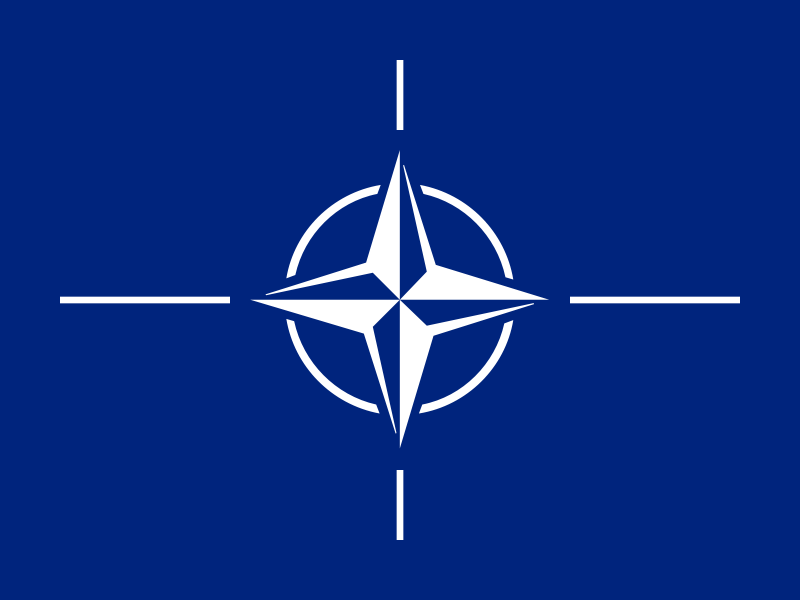What does the future hold for NATO's new chairman?
 Brussels - The last time NATO handed over to a new secretary general, in 2004, the alliance had 19 members, a handful of troops in Afghanistan and a diplomatic hangover from the US-led Iraq war.
Brussels - The last time NATO handed over to a new secretary general, in 2004, the alliance had 19 members, a handful of troops in Afghanistan and a diplomatic hangover from the US-led Iraq war.
When Denmark's former prime minister, Anders Fogh Rasmussen, 56, takes over the role on Saturday, he will inherit a club which has grown to 28 members, an Afghan mission numbering 64,500 men and diplomatic headaches stretching from Georgia to the Gulf of Aden.
All those factors are set to shape his four-year tenure, as NATO fights its Afghan war, looks for a more predictable relationship with Russia and struggles to agree who should join the alliance next.
Afghanistan is set to dominate Fogh Rasmussen's tenure, as it did that of his predecessor, Dutch former foreign minister Jaap de Hoop Scheffer.
The mission is not only NATO's biggest ever, it is far and away its bloodiest: over 1,000 Western troops have died since the alliance began operations in the "Graveyard of Empires."
The bulk of the casualties have been suffered by just a handful of countries whose troops are posted in the war-torn south: the US, Britain, Canada, the Netherlands and Denmark.
The Dutch are expected to pull out of Afghanistan next year, while Canada is debating a 2011 pull-out. Britain's role is also under fire at home after 22 soldiers were killed in action in July alone.
If they go, few other NATO states are likely to replace them. Some, such as the Baltic states, lack the manpower; others, such as France, Germany and Italy, who have the resources, are unwilling to send troops into a combat zone which has already cost so many lives.
That leaves Fogh Rasmussen with the task of shoring up NATO support for the mission, while preventing any repetition of earlier bitter accusations of unfair burden-sharing between members.
Divisions also remain within NATO over the question of alliance enlargement and its relationship with Russia - two issues which have become inextricably entwined.
NATO leaders at a summit in April 2008 agreed that Georgia and Ukraine would join the alliance at an unnamed point in the future.
The agreement was meant to keep the peace between members who wanted to see the former-Soviet republics join as soon as possible, such as the US, Britain and Poland, and those who warned that such a move would enrage Russia, such as Germany and Italy.
But Russia's invasion of Georgia a year ago, and its gas rows with Ukraine, have made Eastern relations a hot topic once again, with some members calling for closer ties with Moscow, and others accusing the Kremlin of trying to build a sphere of influence in Europe.
Fogh Rasmussen therefore faces the unenviable task of trying to forge alliance agreement on how to deal with the former-Soviet trio.
He will also have to find a new balance of power between NATO's heavyweights, the US, Britain, France and Germany, after France rejoined the alliance's military command after a 40-year absence.
And he will have to do all that while he tries to impose his own vision on NATO's future, with insiders saying that he will push to make the organization more efficient, transparent and media-savvy.
That is to say nothing of the unexpected international crises which are likely to come his way.
Whatever else awaits Fogh Rasmussen in the next four years, the future certainly looks busy for the twelfth NATO secretary general. (dpa)